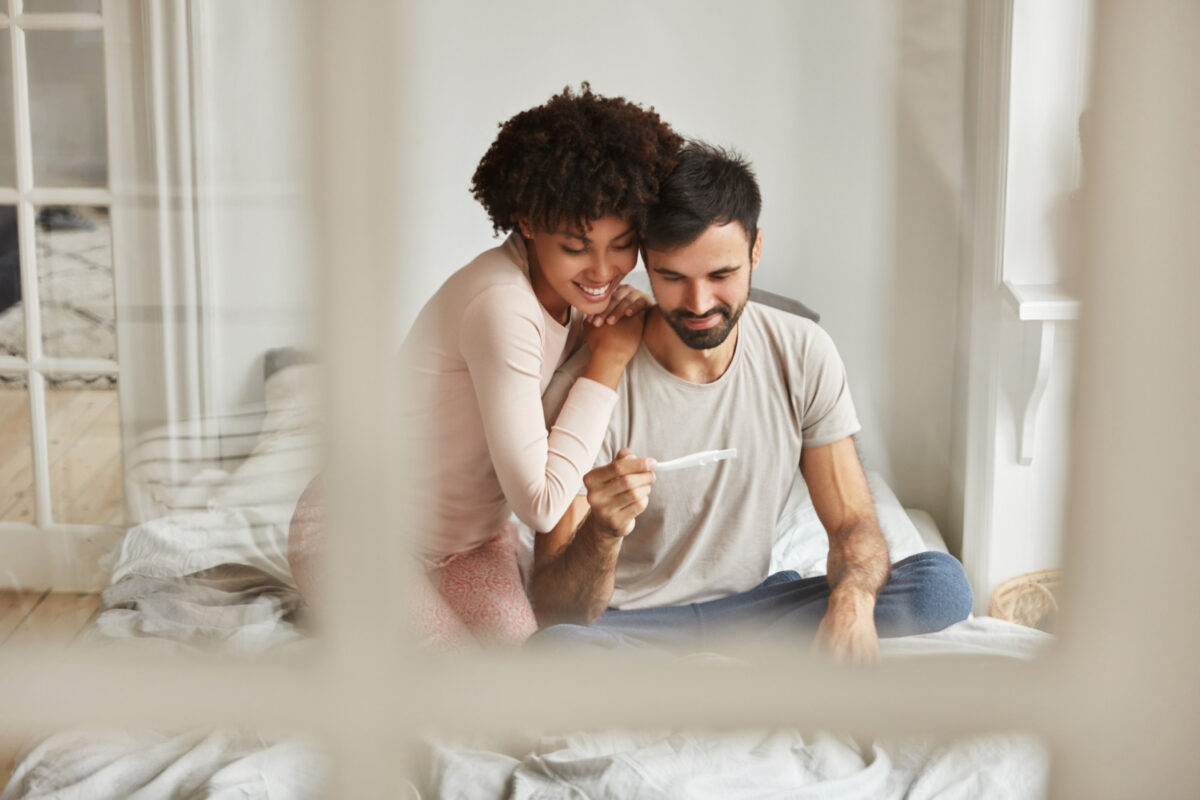Semen allergy, or hypersensitivity to seminal plasma, is a rare condition that can affect some people’s sex lives. It is an immunological reaction to contact with certain proteins present in semen, which are interpreted by the body as foreign agents.
This condition may go unnoticed initially, as the symptoms are often mistaken for common infections or irritations. Hypersensitivity to seminal plasma is not linked to fertility problems, but in specific situations it can make pregnancy difficult, especially when the reaction affects the reproductive pathways.
Although it is a rare condition, understanding it is key for people who experience related symptoms after contact with semen. The good news is that there are medical treatments and procedures that can help manage this situation, allowing couples to achieve their dream of starting a family.
What causes semen allergy?
Semen allergy is caused by a response of the immune system to proteins present in seminal plasma. These proteins, produced by the accessory glands of the male reproductive system, are identified as “foreign” by the affected person’s body, triggering an allergic reaction.
Symptoms of seminal plasma hypersensitivity
The symptoms of this allergy can vary in intensity and appear minutes or hours after contact with semen. Among the most common are:
- Redness, itching, or swelling in areas exposed to semen.
- Vaginal burning or irritation sensation after sexual intercourse.
- Vaginitis.
Keep in mind that these symptoms are usually limited to the area of contact, but in some cases they can spread, which may require medical attention, especially if it occurs in sensitive areas of the body.
Is semen allergy synonymous with fertility problems?

No. Although semen allergy can make it difficult to conceive naturally, it doesn’t mean that a person with this condition can’t conceive. There are treatments and procedures that allow you to overcome this immune barrier to achieve a successful pregnancy.
One of the most effective methods is seminal lavage, a technique that separates sperm from seminal plasma, removing the proteins that cause the allergic reaction. Treated sperm can be used in procedures such as artificial insemination (AI) or in vitro fertilization (IVF), which offer high success rates in these cases.
In addition, management of this condition may also include antihistamine medications or even progressive allergic desensitization, depending on the severity of symptoms and the underlying cause.
Although semen allergy is uncommon, it may seem like an unexpected obstacle on the road to conception, however this does not mean that the dream of starting a family is unattainable. At Fertivida, we have fertility specialists who can assess the situation and offer personalized solutions, to ensure a safe and healthy pregnancy. Our team not only addresses the medical aspects of the condition, but also accompanies couples every step of the way, providing guidance and support to turn this challenge into an opportunity for growth and hope.




